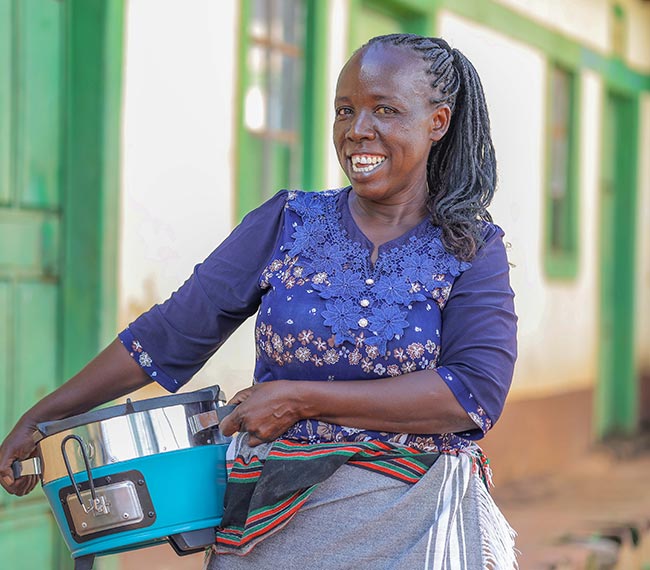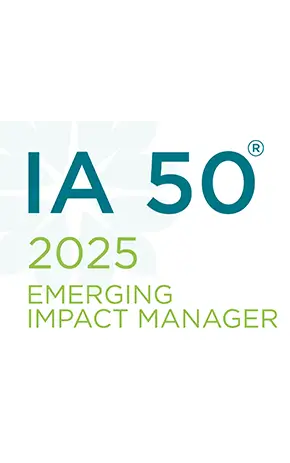Access to Energy:
A Multifaceted Challenge
Energy access remains a critical global issue, with disparities in both electricity and clean cooking solutions.
Limited access to modern energy services hampers sustainable development in multiple ways:
Solutions exist to address these challenges:
Strong energy access programs don't just provide electricity or fuel for cooking; they unlock deep social impact – often with surprising results. A clean energy revolution in sub-Saharan Africa is urgently needed to win the fight against energy poverty.
Clean energy provides a golden thread to deliver on the promise of Agenda 2030 Sustainable Development Goals (SDGs). It can unlock sustainable economic growth, improve human health and well-being, and enable women and children to lead more productive lives (UN, 2018; NCE, 2018).
By making access to energy goals more important, more visible, and more ambitious, governments will be better able to attract funding for its execution.

At Enabling Qapital, we've identified clean cooking as a critical intervention point. Through the Spark+ Africa Fund, we're addressing this challenge by:
Spark+ Africa Fund, with its $65 million investment capacity, is pioneering as the first fund specialized in clean and modern cooking energy solutions for the region. One core aim of the Spark+ Africa fund is to promote and support the growth of the Clean Cooking value chain in Sub-Saharan Africa.
Through these investments, we aim to bridge the persistent gap in access to essential modern energy at the household level in many developing markets.

Mühlebachstrasse 164
8008 Zurich
Switzerland
Branch Geneva
Rue Hugo-De-Senger 7
1205 Geneva
Switzerland
Merchant Square Block B
2nd Floor, Riverside Drive
Nairobi
Kenya
Industriering 20,
9491 Ruggell
Liechtenstein
7, rue Robert Stümper,
2557 Luxembourg
Luxembourg



Mühlebachstrasse 164
8008 Zurich
Switzerland
Branch Geneva
Rue Hugo-De-Senger 7
1205 Geneva
Switzerland
Merchant Square Block B
2nd Floor, Riverside Drive
Nairobi
Kenya
Industriering 20,
9491 Ruggell
Liechtenstein
16, rue Robert Stümper,
2557 Luxembourg
Luxembourg


© 2026 Enabling Qapital Ltd - Privacy Statement - Disclaimer and Terms & Conditions - Contact - Website Management by Magiris